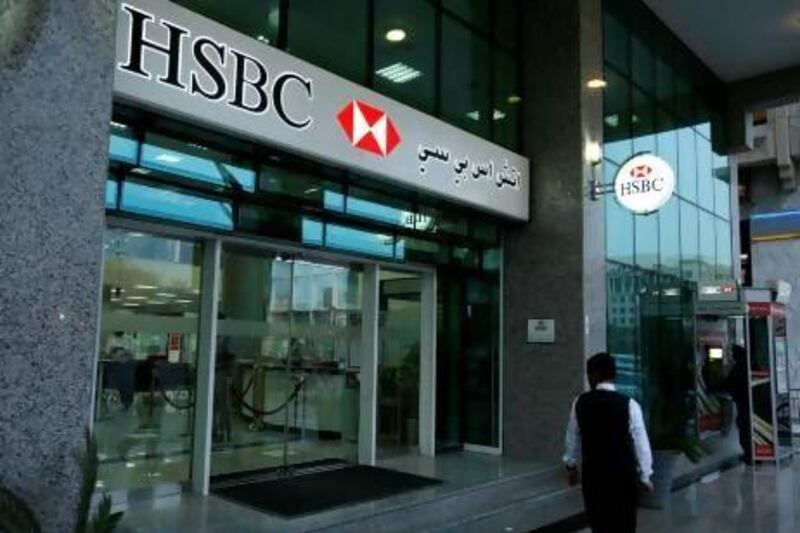Our resident consumer advocate Keren Bobker answers questions on tenancy contracts and sick leaves during probationary period.
I am about to rent a property in Dubai but I have been given a contract that was written by the company that owns the building. In the past, I have only had the standard green contracts and I'd like to make sure that a different one is legal and isn't going to be a problem. KC, Dubai
A tenancy contract does not have to be on the standard form and many larger companies draw up their own, on company letterhead. Provided it covers the relevant issues and is signed by both parties there should not be a problem, although under the new Ejari tenancy registration rules, more and more companies are switching to standard forms as I understand it is easier to formally register these. While the Real Estate Regulatory Authority will always ask for the green contract in the event of a dispute, this does not mean they won't accept other formal contracts. The tenant should, however, make sure that a non-standard tenancy covers the relevant issues such as amount and frequency of payment, notice required and responsibility for maintenance.
I left Abu Dhabi in February 2009. I approached HSBC some six weeks before I intended to leave explaining that I wished to close my account in the near future. This appeared to be no problem so I made an appointment and successfully closed the account on February 3 2009. I paid any outstanding money and was asked to leave some money in the bank in case any other payments were required, reluctantly I agreed. Once I left Abu Dhabi I received an email saying my account is now paid off and closed and I received my money. All was well until recently, when I received a call stating that I owed them Dh2,800 [US$762] on my credit card. I have received no explanation as to why and only receive emails threatening to come and visit me at work or home. I've been unable to get sense from anyone in the bank and really don't know what to do. MP, Australia
I referred this matter to my contact at HSBC and sometime later a spokesman advised, "We have reviewed the issues raised and would like to advise you that we have contacted Mr P and have agreed on a final settlement. His issues have been resolved." MP has confirmed that is the case and that the bank advised that they found the paperwork showing closure of the account in February 2009. Furthermore, HSBC has confirmed that no monies are due. My usual point of contact at the bank is away, but Mr P is owed an apology for the way he has been treated as he should not have been chased when no monies are actually due.
I was recently in a well-known store, in The Dubai Mall, which was having a sale. I chose an item and took it to the cash register but I was told the price was more than shown on the ticket. The item had been reduced and there was a sticker on it saying it was Dh95 but their system showed a price of Dh120. I queried this with the sales assistant, but she was adamant that the price was Dh120 and they could not sell it at the lower price, despite the ticket. I refused the pay the higher figure and left the store empty-handed but would like to know the legal position as it is not the first time this has happened. DS, Dubai
If a store clearly displays a price on an item, with the price being affixed to the item itself and not, say, on a shelf, then that is the price at which the item should be sold. It is incorrect for a store to try to charge a higher price than the one shown. This is confirmed in the Consumer Code of Rights as issued by the Department of Economic Development. Complaints can be made to them by calling 600545555 or by emailing consumerrights@dubaided.gov.ae.
I am a highly qualified teacher with over 15 years experience in the UK. I have just started teaching part-time at a private school in Dubai. I noticed that in my contract during the six-month probationary period I am paid exclusive of sick, holiday or leave time; in other words, I will not be paid any sick days or during the school holidays. Is this legal? MH, Dubai
Article 83 of UAE Labour Law states that "during the probationary period, the employee is not entitled to any paid sick leave", so that part is standard. The employer has the right to specify when leave is taken, but not being paid during a statutory school holiday is unusual so MH needs to seek clarification. If, however, she has signed a contract, then the terms are binding.
I have to arrange for the renewal of an employee's visa, so she will have to go through the usual medical tests, including an X-ray, but the lady in question is four months pregnant. Obviously, she should not have an X-ray due to her condition but because of our location this is a standard requirement. Do you know if there is any way around this? FS, Sharjah
Even if an X-ray is usually carried out for a visa renewal or application, this is waived in the case of pregnancy. Your employee will just need a letter from her doctor confirming the pregnancy and you should ensure that your PRO, or whoever is handling the arrangements, is aware of the situation.
Keren Bobker is an independent financial adviser with Holborn Assets in Dubai. Contact her at keren@holbornassets.com





